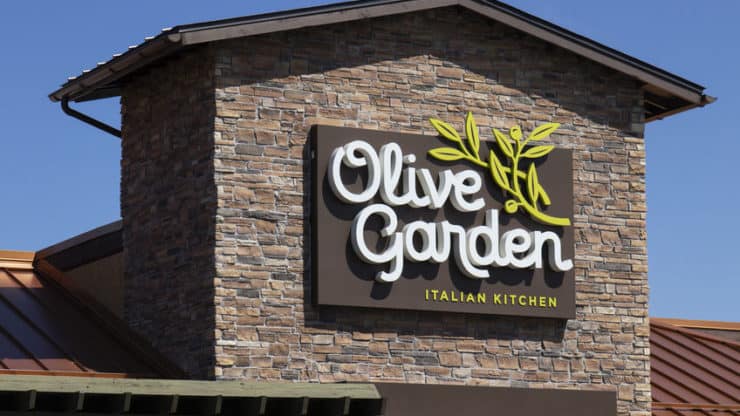Olive Garden, owned by Darden Restaurants (NYSE: DRI), has long resisted the trend of partnering with third-party delivery services like Uber.
However, the restaurant chain has now taken a surprising step by collaborating with Uber for food delivery.
This move marks a strategic shift for the franchise, which has traditionally relied on its drivers to maintain control over delivery quality and protect its profit margins.
What led to this change, and what does it mean for both the company and its customers?
A shift in strategy for Olive Garden
For years, Olive Garden avoided third-party delivery platforms, fearing compromised food quality and delayed deliveries, which could damage the restaurant’s reputation.
By using its drivers, the company ensured that customer expectations were met in terms of service and food quality.
The decision to partner with Uber signals that the restaurant chain now believes these concerns have been addressed, marking a notable change in its business model.
Under this new exclusive, multi-year partnership, Uber will begin delivering Olive Garden’s food later this year, starting with a pilot program.
If the trial proves successful, the service will expand to all Olive Garden locations by mid-2025.
However, it’s important to note that the restaurant’s menu won’t appear on Uber’s food delivery app, Uber Eats, suggesting a different financial arrangement than typical third-party delivery contracts.
Why now? What drove the partnership?
The shift likely stems from a combination of evolving market conditions and customer demands.
Darden Restaurants, Olive Garden’s parent company, has long cited profitability and food quality concerns as reasons for steering clear of third-party apps.
However, CEO Rick Cardenas recently hinted that the company has found a way to collaborate with Uber without compromising its margins or its “simple operating model.”
This suggests that the cost of delivery may be passed on to customers, a trade-off that consumers seem willing to accept for added convenience.
As Cardenas stated, “Guests have been asking us for home delivery options, and they continue to show they are willing to pay for the convenience.”
If the pilot program is successful, the new delivery partnership could boost Olive Garden’s bottom line, especially as more customers opt for home delivery.
While the company has managed to protect its profit margins in the past by avoiding third-party apps, the Uber partnership opens up new growth opportunities. Investors and shareholders are already reacting positively to the news, viewing it as a potential catalyst for future earnings.
As Olive Garden steps into the competitive food delivery market, it will be interesting to see how this partnership impacts its financial performance and customer satisfaction.
The post Why did Olive Garden finally partner with Uber? appeared first on Invezz

